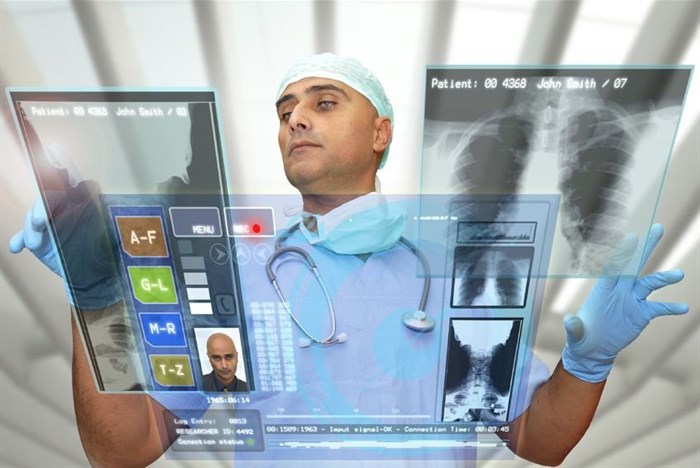
Top stories






More news


Marketing & Media
Ads are coming to AI. Does that really have to be such a bad thing?














Many health practices, and hospitals, have embraced this challenge and begun migrating to hybrid healthcare models where consultations for common conditions (such as the flu, the common cold, or allergies) are done over the phone or by virtual visits (using Zoom or WhatsApp video calling) while more complex medical conditions are dealt with in-person.
There is also a significant shift towards managed healthcare. Through innovative technology, healthcare professionals will be able to continually monitor patients reducing the need for in-person care while increasing patient contact.
How does this impact doctors and nurses who have dedicated their lives to furthering their education to help sick people? What skills are needed for an increasingly digitised future?
Research by the World Health Organisation (WHO) predicts a global workforce shortage of approximately 18 million healthcare workers by 2030, with South African statistics being even more concerning.
“There is a pressing need for South Africa to not only increase its training of doctors and nurses, but to equip them with the skills that will help them remain relevant in a future where healthcare is becoming increasingly digitised,” says Paresh Soni, director: School of Healthcare, Mancosa.
“Global research shows that by 2040, healthcare, as we know it today, will no longer exist. There will be a fundamental shift from healthcare to health. And while disease will never be completely eliminated, through science, data, and technology, we will be able to identify it earlier, intervene proactively, and better understand its progression to help consumers more effectively and actively sustain their well-being. The future will focus on wellness and management by companies that assume new roles to drive value in the transformed health ecosystem.”
This again points to a health ecosystem where the skills learned today will rapidly become irrelevant without supplementing them with key skills that can be used in a digitised future.
With healthcare becoming increasingly digital with many healthcare providers being forced into the model of virtual healthcare provision. While this is a change that may have taken 10 or 15 years to take place, the Covid pandemic has forced an immediate reaction.
“How do we equip our healthcare professionals with the necessary skills to fit into a world of digitised healthcare? Healthcare technology companies have a massive opportunity to introduce the right tools to help both patients and healthcare providers, provided they have the necessary learning to use these digital tools effectively,” says Soni.
“We must realise that the Covid-19 pandemic has reshaped the education and training needs of the overall healthcare workforce," Soni continues. In order to meet increasingly complex demands, "upskilling, reskilling and continuous professional development is necessary across all healthcare functions."
An article by Forbes points out that remote patient monitoring is becoming more widely accepted. Having exponentially grown in popularity throughout the pandemic, this now includes wearable technology with impressive capabilities, from remote monitoring of vitals to remote echocardiograms. If not for the pandemic, it probably would have taken the healthcare industry another decade to reach where it is today.
"This is the future that we have to align with,” says Soni. “An even horizon that would have taken 10 to 15 years to become a reality has taken place in two years. South Africa needs to make sure that its healthcare professionals are fully equipped with the knowledge and skills to become the benchmark for the African continent."